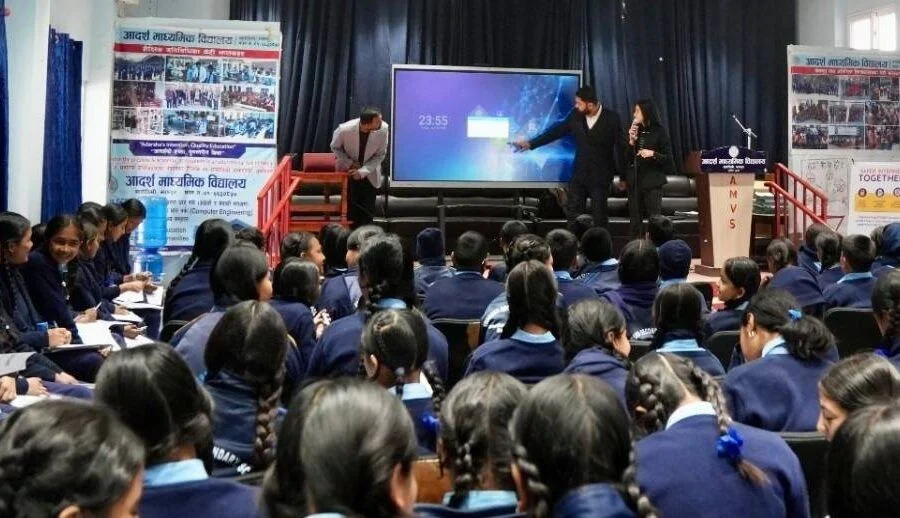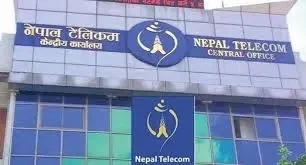The GSMA has released a new white paper urging all mobile sector stakeholders—including governments, regulators, industry players, civil society, and youth—to enhance protections for children online throughout Africa. Titled “Enhancing Child Online Protection in Sub-Saharan Africa,” the paper builds on discussions from a roundtable held during the Ministerial Programme at MWC 2025 in Barcelona and aligns with a 2019 GSMA and UNICEF report focused on advancing children’s rights through mobile access.
The white paper incorporates regional data such as IPSOS research commissioned by MTN Group and insights from youth advocate Jemima Kasongo of the Democratic Republic of Congo. It recommends child- and youth-centred approaches in policy-making and program development, strengthening national frameworks in line with the African Union Child Online Safety and Empowerment Strategy, expanding digital literacy initiatives for children, parents, and educators, and fostering stronger public-private partnerships to scale digital safety tools and services across the continent.
Angela Wamola, head of Sub-Saharan Africa at GSMA, emphasized the shared responsibility across sectors to make the digital environment safer, transforming it into a space of opportunity for African children. Nankali Maksud, UNICEF’s regional child protection advisor, highlighted that children under 18 make up half of Africa’s population, and protecting them online is crucial for safeguarding their rights and investing in Africa’s future leadership.
Africa’s rapidly growing youth population faces increasing digital risks, and the GSMA’s white paper serves as a strategic call to action for coordinated efforts to secure a safer digital future for the continent’s children.
The GSMA’s recommendations aim to equip stakeholders with practical guidance to protect young digital users, emphasizing collaboration and sustainable frameworks to ensure online safety is integrated into Africa’s digital transformation.
Protecting Africa’s children online is positioned not only as a human rights priority but also as an investment in the continent’s social and economic development.
By fostering safe digital environments, the white paper envisions empowered children who can confidently engage with emerging technologies and digital services, unlocking new opportunities for education, innovation, and participation.
Angela Wamola’s call for collective action and UNICEF’s emphasis on human capital underscore the urgency of addressing online risks while promoting digital inclusion.
With mobile technology expanding rapidly across Africa, the white paper arrives at a critical juncture for establishing policies and partnerships that balance connectivity with child protection.
The white paper is expected to guide governments, regulators, and industry players in harmonizing efforts to strengthen child online protection, leveraging data-driven insights and community engagement.
Collaboration among all stakeholders is presented as the key to building resilient, child-safe digital ecosystems across Africa’s diverse regions and populations.
Protecting Africa’s digital youth requires ongoing commitment and adaptation as technology and online behaviours evolve.
The paper ultimately advocates for a multi-sectoral, inclusive approach to empower children and youth while mitigating digital harms.
Africa’s children represent both the continent’s present and future, making their digital safety a collective responsibility for sustainable development.















